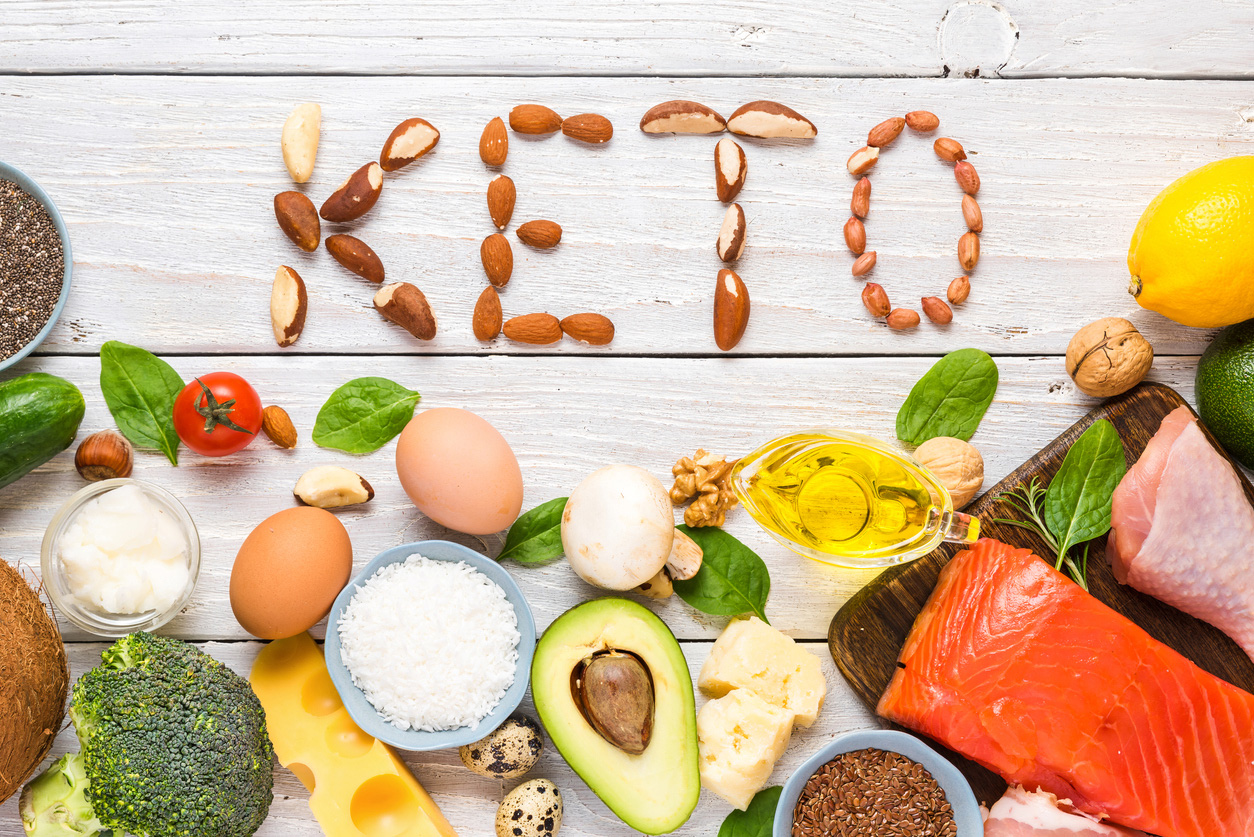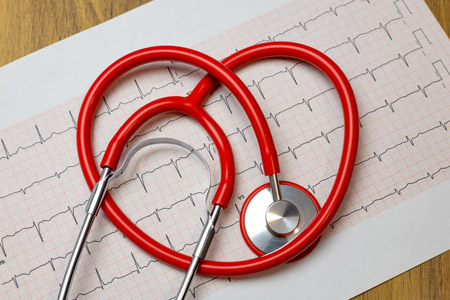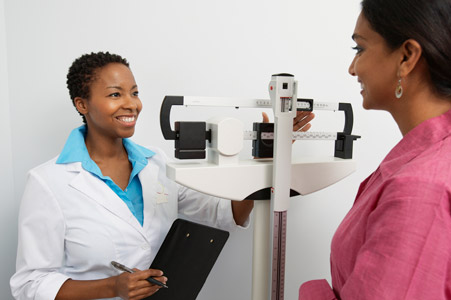


What Is the Keto Diet?
The ketogenic, or keto, diet has gained immense popularity, but what exactly is it? In short, it's a very low-carb, high-fat diet designed to shift your body's metabolism.
Normally, your body uses glucose (from carbohydrates) for energy. On a keto diet, by drastically reducing carbohydrate intake and increasing fat intake, your body enters a metabolic state called ketosis. In ketosis, your liver converts fat into molecules called ketones, which your body then uses for fuel instead of relying on carbs. Let’s dive into more details on the Keto Diet.
Key Components of the Keto Diet
- High Fat: Typically 60% of your daily calories.
- Moderate Protein: About 30% of your daily calories.
- Very Low Carbohydrate: Usually only 10% of your daily calories.
What Foods Are Recommended on the Keto Diet
- Meats
- Fatty fish
- Eggs
- Butter and cream
- Healthy oils (olive, coconut, avocado)
- Low-carb vegetables
- Nuts and seeds
What Foods Are Not Recommended on the Keto Diet
- Grains
- Sugary foods and drinks
- Beans
- Potatoes and other high-carb veggies
Some studies suggest the keto diet may be helpful for weight loss, blood sugar control, and epilepsy management. However, it can also cause side effects like the "keto flu" (headaches, fatigue), constipation, and nutrient deficiencies. It's crucial to consult your doctor before starting any restrictive diet.
Important Note: The keto diet is not suitable for everyone, especially those with kidney disease, liver disease, or other health conditions. Before making any changes to your diet, always consult with your healthcare provider or registered dietitian.
The information on this site is for informational purposes only and should not replace direct medical advice, diagnosis, or treatment from your doctor or another qualified healthcare provider.
Sources:
“What Is the Keto Diet and Should You Try It?” Cleveland Clinic.



















.jpg)





















.jpg)

















.jpg)


























.jpg)
.jpg)
.jpg)













